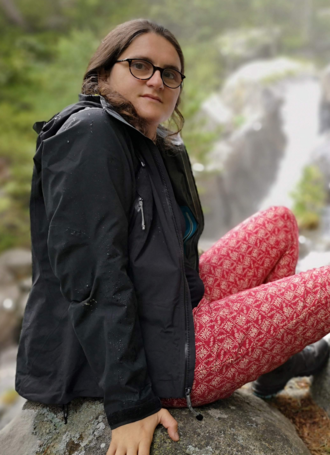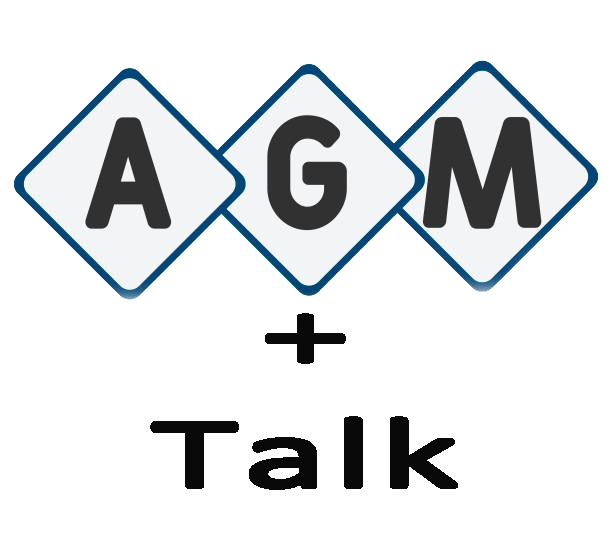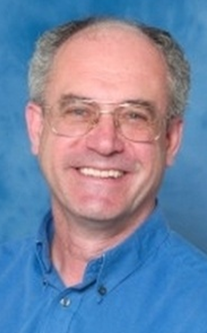
Towards nearby Earth analogues: A golden age of exoplanet exploration By Professor Suzanne Aigrain – Online
January 10 @ 7:15 pm

In Barely 30 years the study of exoplanets has gone from science fiction to a major discipline, and the science driver for the next generation of observatories both on the ground and in space.
In her talk Professor Suzanne Aigrain will take stock of some of the main discoveries since she last spoke to the Society 8 years ago.
And discuss the prospects for and challenges detecting planets capable of supporting life around nearby stars, in particular with the PLATO space mission and the Terra Hunting Experiment (THE) on the ground.
At the end of her talk, she will describe long-term plans for building a large space telescope equipped with a powerful coronagraph, which might enable us to detect signs of biological activity on some of those planets.
Bio: Suzanne Aigrain is a Professor of Astrophysics at Oxford University and a Fellow of All Souls College. Prior to this she was a Lecturer at the University of Exeter, having been a PPARC Postdoctoral Fellow at the Institute of Astronomy in Cambridge.
Suzanne grew up in France, got her MPhys degree in Physics from Imperial College in 2000, and her PhD from the Institute of Astronomy in Cambridge in 2004. She spent 6 months working as a young graduate trainee at the European Space Agency’s ESTEC research centre in the Netherlands in 2001.
Her research interests include the detection and characterisation of exoplanets via the transit and radial velocity (RV) methods, the impact of stellar activity on exoplanet studies, and the application of modern Bayesian data analysis methods to astronomical datasets.
She has worked extensively on past, present and future space-based transit search missions CoRoT, Kepler, K2, TESS and PLATO. She pioneered, and continues to develop, the application of Gaussian Process regression to exoplanet datasets. She is PI of the project “GPRV: overcoming stellar activity in radial velocity planet searches”, funded by the European Research Council, and receives funding from UKRI/STFC to work on TESS and PLATO.
She also has a strong interest in science communication, citizen science, and promoting good practice in data analysis.
AN EMAIL HAS BEEN SENT TO MEMBERS WITH A LINK TO REGISTER FOR THIS EVENT.


You must be logged in to post a comment.